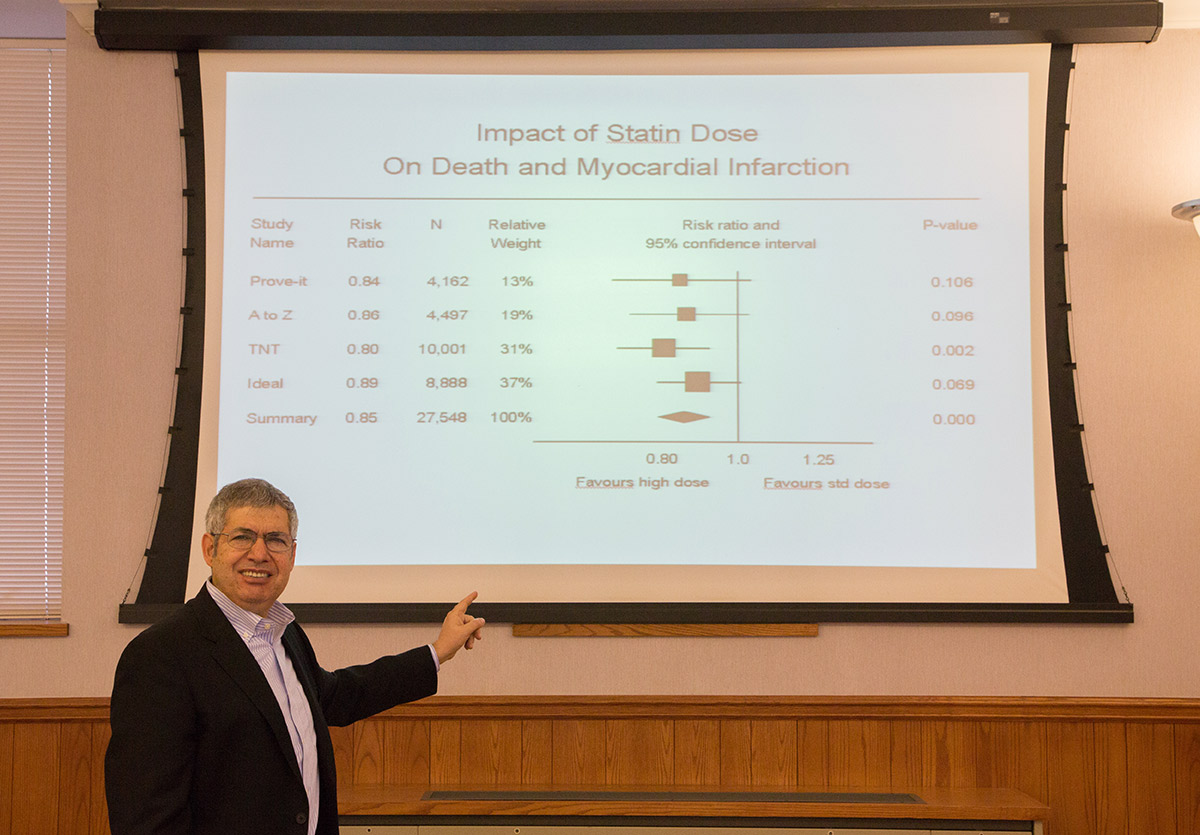Course » Instructor
Michael Borenstein, PhD
Director, Biostat, Inc.
Associate Professor, Albert Einstein College of Medicine (1990-2001)
Director of Biostatistics, Hillside Hospital, Long Island Jewish Medical Center (1982-2002)
[email protected]
Michael Borenstein is the co-author (with Larry Hedges, Julian Higgins, and Hannah Rothstein) of the text Introduction to Meta Analysis (Wiley, 2009, 2021). He is also the author of the text Common Mistakes in Meta-Analysis and How to Avoid Them. A PDF of this book may be downloaded here for free.
Dr. Borenstein has published numerous papers on meta-analysis and contributed chapters to texts on meta-analysis and systematic reviews. He is the primary developer of the software Comprehensive Meta Analysis (CMA) which will be used in this course. This software was developed with funding from the National Institutes of Health in the United States, in collaboration with experts from the US, the UK, and Australia. It was initially published in the year 2000 and is now in its fourth major release. The software is used by tens of thousands of researchers throughout the world.
Dr. Borenstein has been the primary investigator on numerous grants from the National Institutes of Health (NIH) to develop methods and software for conducting and teaching meta- analysis. He serves as a reviewer for meta-analyses submitted for publication. He is a founding member of the Society for Research Synthesis Methodology, and served as its president in 2017-2018. Dr. Borenstein has been teaching workshops on meta-analysis since 2005 at numerous venues including the National Institutes of Health, the Centers for Disease Control, the Federal Drug Administration, and the Karolinska Institute, as well as scores of workshops open to the public.
Select publications may be downloaded here


Testimonials
"I am pursuing clinical research and this course has greatly enhanced my computational ability. It has also heightened my ability to produce a more convincing and contextual project. "
Stephen Nuyit Mbah, MD - Healthcare
"The workshop was exceptionally thorough and provided ample materials for anyone looking to conduct a meta-analysis. The software is very user-friendly and has a unique educational focus. I would certainly recommend this workshop to others."
Melissa Bright, PhD - Institute for Child Health Policy, University of Florida